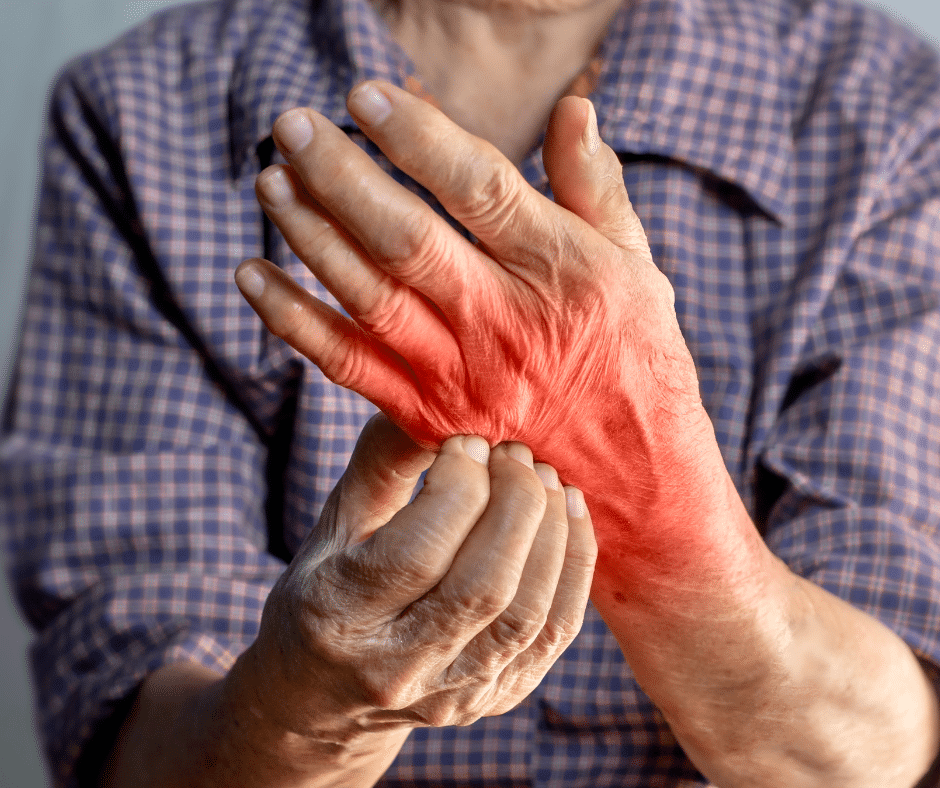Skin infections are something that seniors are prone to getting. Skin infections can happen anywhere on the body, but they tend to happen anywhere there is friction or skin folds. As seniors get older the changes in the texture and thinness of their skin can make them more vulnerable to infections.
Any infection can turn serious or even deadly for a senior if it’s left untreated. That’s why it’s important to spot the signs of skin infection and get your senior mom or dad treatment if you see any.
If you aren’t with your senior parent every day or if you live far away home care assistance can help you make sure that your senior parent is healthy and comfortable at home. Seniors who have home care assistance get regular visits from a care provider. That care provider can keep an eye on your senior mom or dad and look for signs of illness or infection like:
Redness
Redness alone isn’t a sign of an infection, because redness can be caused by many temporary things. But, if the redness doesn’t go away, is accompanied by warmth, or spreads from the initial location it could be a sign of a skin infection. An area of skin that appears red and inflamed should be watched carefully. If there’s any change in the size or color your senior parent should see a doctor right away.
Swelling
Swelling skin can be caused by chronic inflammation, health conditions, side effects from medication, or infection. Localized swelling or puffiness around the affected area should be checked by a doctor to make sure it’s not an early sign of a skin infection. If the swelling is from a bug bite it could quickly become infected.
Warmth
The skin around the infection may feel warmer than surrounding areas, which is a sign of increased blood flow due to inflammation.
Pus or Discharge
The presence of pus, discharge, or an open sore can indicate a bacterial infection. Any time your senior mom has a sore on their skin they should get it checked by a medical professional. They may need antibiotics, and the sore itself may need to be cleaned by a nurse or medical professional.
Blisters or Sores
The development of blisters, sores, or crusted areas on the skin, which can be particularly concerning. Blisters are very common if the skin is burned. Because seniors have very delicate skin hot water, the sun, and other everyday things can actually cause burns to senior skin.
Itching
Intense itching around the infected area, which can sometimes lead to scratching and further breaks in the skin that can become infected. If your senior parent is scratching their skin frequently schedule an appointment for them with a dermatologist.
Fever
A general increase in body temperature or localized fever around the infected area indicates a systemic response to the infection.
Lymph Node Swelling
Swelling of lymph nodes near the infected area, such as in the neck, groin, or armpits, indicates the body’s immune response. Lymph node swelling is part of the way that the body fights infection, but it can take some time for lymph node swelling to go down. If your senior parent still has swollen lymph nodes after getting treatment for an infection that’s normal.


